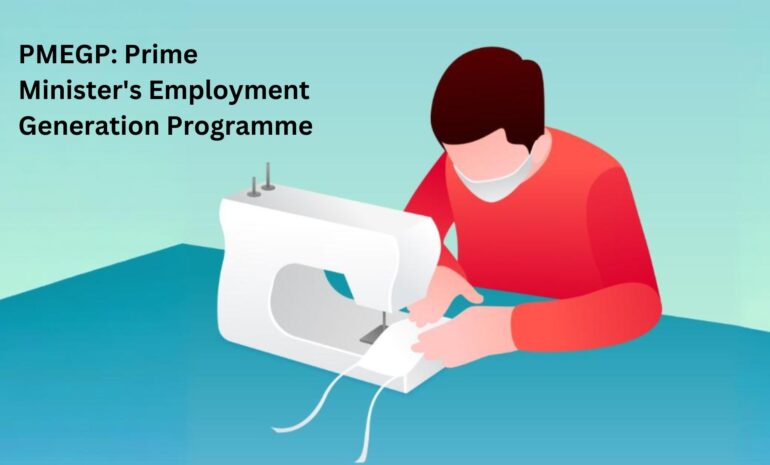What is startup?
A Startup is a newly established business
venture that aims to solve a problem or meet a need in the market. Typically, startups are founded by entrepreneurs who have innovative ideas and are looking to build a profitable and sustainable business.
A Startup recognised under the Startup India Program by the Department for Promotion of Industry & Internal Trade (DPIIT) has below listed benefits:
(1) Self Certification: Startups are allowed to self-certify compliance with Six Labour Laws and Three Environmental Laws through a simple online procedure. No inspections will be conducted for five years for labor laws, and startups may only be inspected upon receipt of a credible and verifiable complaint of violation. For environmental laws, startups in the “white category” defined by the Central Pollution Control Board can self-certify compliance, and only random checks would be carried out in such cases.
(2) Startup Patent & IPR Application: Startups are facilitated with fast-tracking of Patent Applications and the provision of a panel of facilitators to assist with filing Intellectual Property (IP) Applications. The facilitators will be regulated by the Controller General of Patents, Designs, and Trademarks and will provide general advisory on different IP and information on protecting and promoting Intellectual Property in other countries. The Government will cover the entire fees of the facilitators, and startups will only need to pay the statutory fees. Additionally, startups will receive an 80% rebate in filing for patents, which will help them reduce costs in their early years.
(3) Tax Exemption under 80IAC: Recognised Startups can be exempted from paying income tax for 3 consecutive financial years out of their first ten years since incorporation.
(4) Section 56 Exemption: Under Section 56(2)(VIIB) of the Income Tax Act, Investments made into eligible startups will be exempt from tax. This includes investments by listed companies with a net worth of more than INR 100 Crores or turnover more than INR 250 Crores, as well as Investments by Accredited Investors, Non-Residents, AIFs (Category I), and Listed Companies with a net worth of more than INR 100 Crores or turnover more than INR 250 Crores. The consideration of shares received by eligible startups will also be exempted up to an aggregate limit of INR 25 Crores.
(5) Easy winding up of Company: Recognized Startups can be wound up within 90 days of filing an application for Insolvency under the Insolvency and Bankruptcy Code, 2016. An Insolvency Professional will be appointed to take charge of the company, including liquidation of assets and paying creditors within six months. The liquidator will be responsible for the closure of the business, sale of assets, and repayment of creditors by the distribution waterfall set out in the IBC, while respecting the concept of limited liability.
(6) Easier Public Procurement Norms: The Government e-Marketplace (GeM) is an online procurement platform, where DPIIT-recognized startups can register and sell their products and services directly to Government Entities. Startups in the Manufacturing Sector are exempted from the “prior experience/turnover” criteria, provided they can demonstrate the requisite capability to execute the project and have their own Manufacturing Facility in India. Additionally, DPIIT-recognized startups are exempt from submitting Earnest Money Deposit (EMD) or Bid Security while filling government tenders.
Overall, the benefits available to startups are like power-ups in a video game that can help you overcome challenges, gain advantages, and achieve success. By taking advantage of these benefits, you can give your startup the best chance to thrive and make a positive impact in the world!
For detailed guidelines and applying for DPIIT recognition, visit below link:
https://www.startupindia.gov.in/content/sih/en/startup-scheme.html


